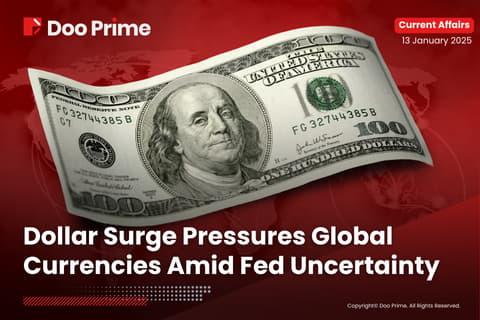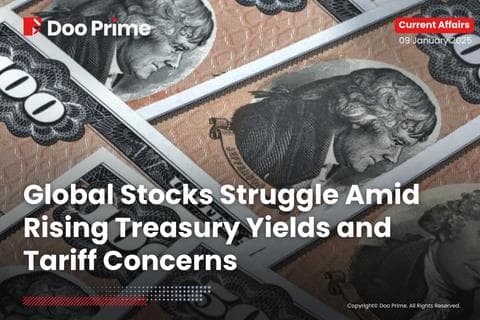WORLDWIDE: HEADLINES
Japan March Consumer Prices Rise At Fastest Pace In Over 2 Years
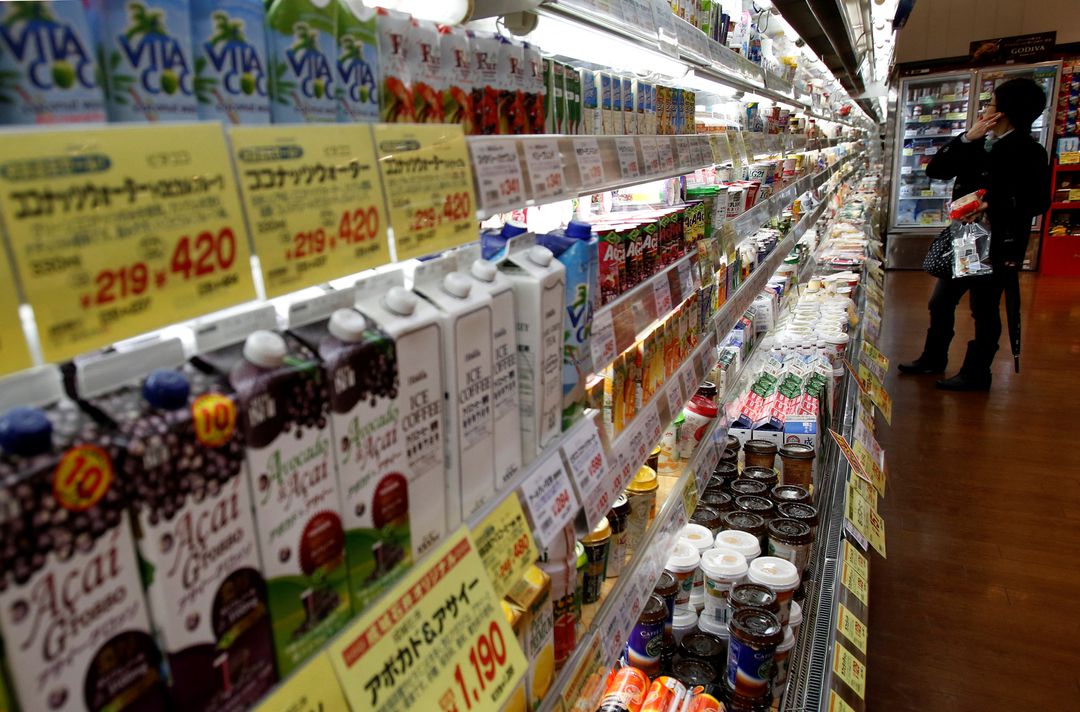
Japan’s core consumer prices rose at the fastest pace in more than two years in March, raising worries higher energy and food costs could increasingly take a toll on households’ purchasing power.
The core consumer price index (CPI), which excludes volatile fresh food prices but includes fuel and broader energy costs, jumped 0.8% in March from a year earlier, government data showed on Friday.
The pace indicates the core CPI could near the Bank of Japan’s (BOJ) 2% target in April as the impact of mobile phone fee cuts from that month last year fades from yearly comparisons.
Mobile phone fees pulled overall CPI down 1.42 percentage point in March, which a government official said would likely disappear from the year-on-year estimates in steps, especially in April, August and October.
“Around one percentage point will likely disappear in the April result, but it’s not likely it will drop out completely,” the official said, adding that he could not say what the chance was that year-on-year core CPI may exceed 2% in April.
The price data will be among factors the BOJ will scrutinise at its next two-day rate review, which is scheduled to end on Thursday, where it is likely to raise its inflation forecast for this fiscal year to near 2%.
Full coverage: REUTERS
China Ready To Support Small Firms Amid COVID Outbreaks – C.bank Governor
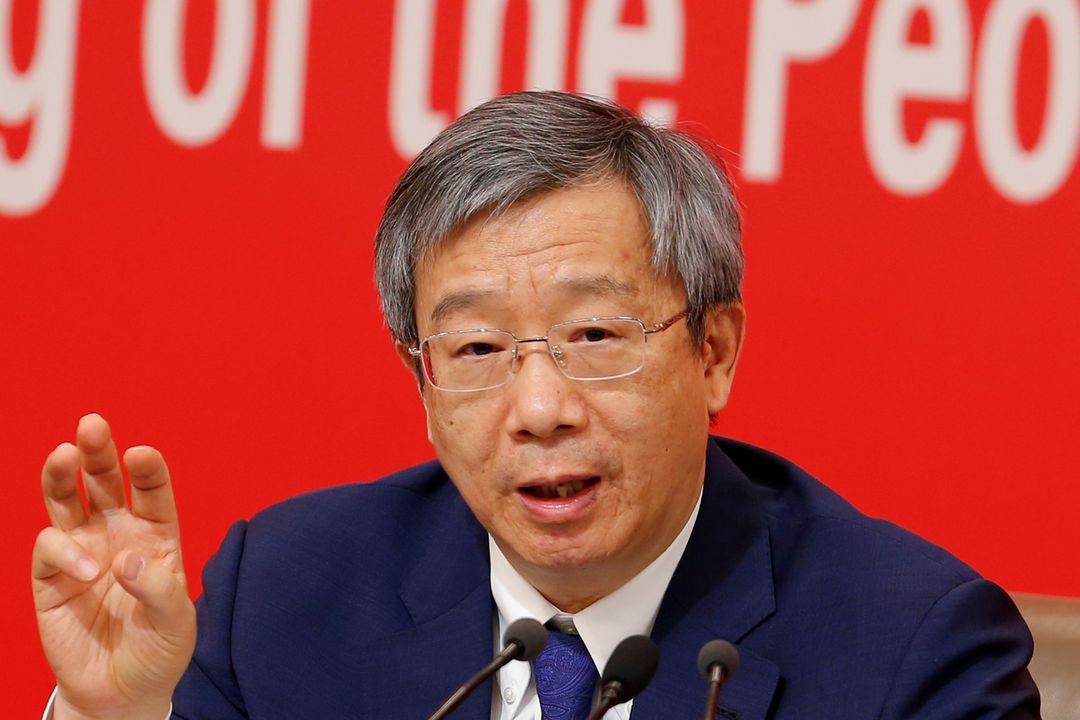
People’s Bank of China Governor Yi Gang vowed on Friday to maintain price stability amid high global inflationary pressure and said monetary policy will focus on supporting small firms and vulnerable groups hit by COVID-19 outbreaks.
In a video speech to the annual Boao Forum for Asia, Yi said China’s financial market is not immune to external shock, and that the latest COVID-19 situation has also put more pressure on the economy.
“Recently, geopolitical tensions have further pushed up inflationary pressures worldwide. China’s financial market is not immune to the external shocks and the domestic COVID-19 situation is also putting more downward pressure on growth.”
“China’s monetary policy is accommodative and is in a comfortable range. We also stand ready to support small and medium-sized enterprises with more instruments, if needed.”
With prices of commodities, food and housing soaring worldwide last year, the Ukraine war has added even more momentum to global inflation, threatening economic recovery worldwide and global financial stability.
Full coverage: REUTERS
WORLDWIDE: FINANCE/BUSINESS
Asian Shares Slide On Fed’s Aggressive Tightening Stance
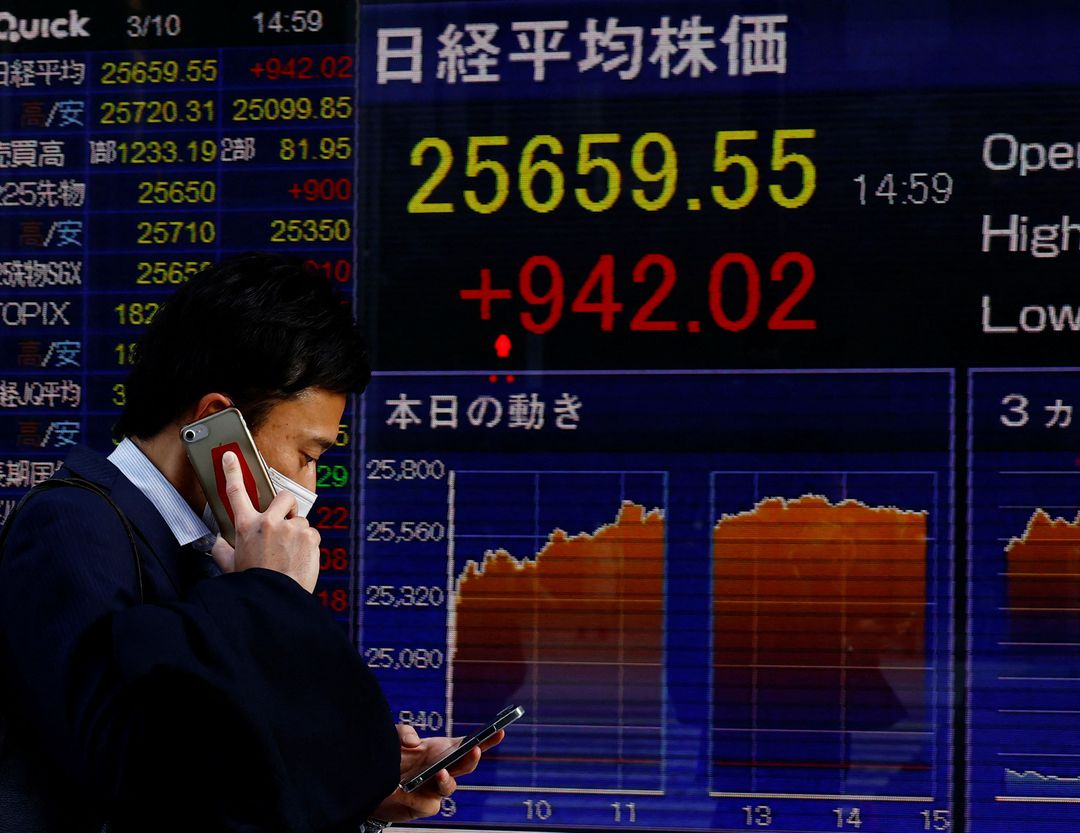
Asian shares tumbled on Friday as investors fretted about an increasingly aggressive rate-hike outlook for the United States as well as the fallout for the global economy from lockdowns in China.
MSCI’s broadest index of Asia-Pacific shares outside Japan (.MIAPJ0000PUS) fell 1.1% in morning trade, its sharpest decline in six weeks.
Pulling it lower was a 1.6% loss for Australia’s resource-heavy index (.AXJO), a 1.1% drop in Hong Kong stocks (.HSI) and a 0.3% retreat for blue chips in mainland China (.CSI300).
Japan’s Nikkei (.N225) lost about 2%.
Overnight, U.S. Federal Reserve Chairman Jerome Powell said a half-point interest rate increase will be “on the table” when the Fed meets in May, adding it would be appropriate to “be moving a little more quickly.”
His remarks effectively confirm market expectations of at least another half-percentage-point rate hike from the Fed next month, and Nomura now expects 75 basis point hikes at its June and July meetings, which would be the biggest of that size since 1994.
U.S. Treasuries continued to be sold off on Friday, with the yield on five-year Treasury notes rising to 3.04%, the highest late 2018. The yield on 10-year Treasury notes was at 2.9483%, up from the previous close of 2.9076 and not too far off from 2.9810% – a 40-month high marked on Wednesday.
The two-year yield, which reflects traders’ expectations of higher Fed fund rates, touched 2.7408%, up from a close of 2.6739% the previous day.
Elsewhere, markets were still reeling from comments by European Central Bank officials that the central bank might start hiking euro zone rates as early as July. German two-year yields hit an eight-year high overnight.
Pan-region Euro Stoxx 50 futures fell 2.33% in early Asian trade, German DAX futures were down 1.87% and FTSE futures were down 1.39% – particularly large falls for the Asian timezone.
Full coverage: REUTERS
Yen And Yuan Suffer As Fed Eyes Faster Hikes
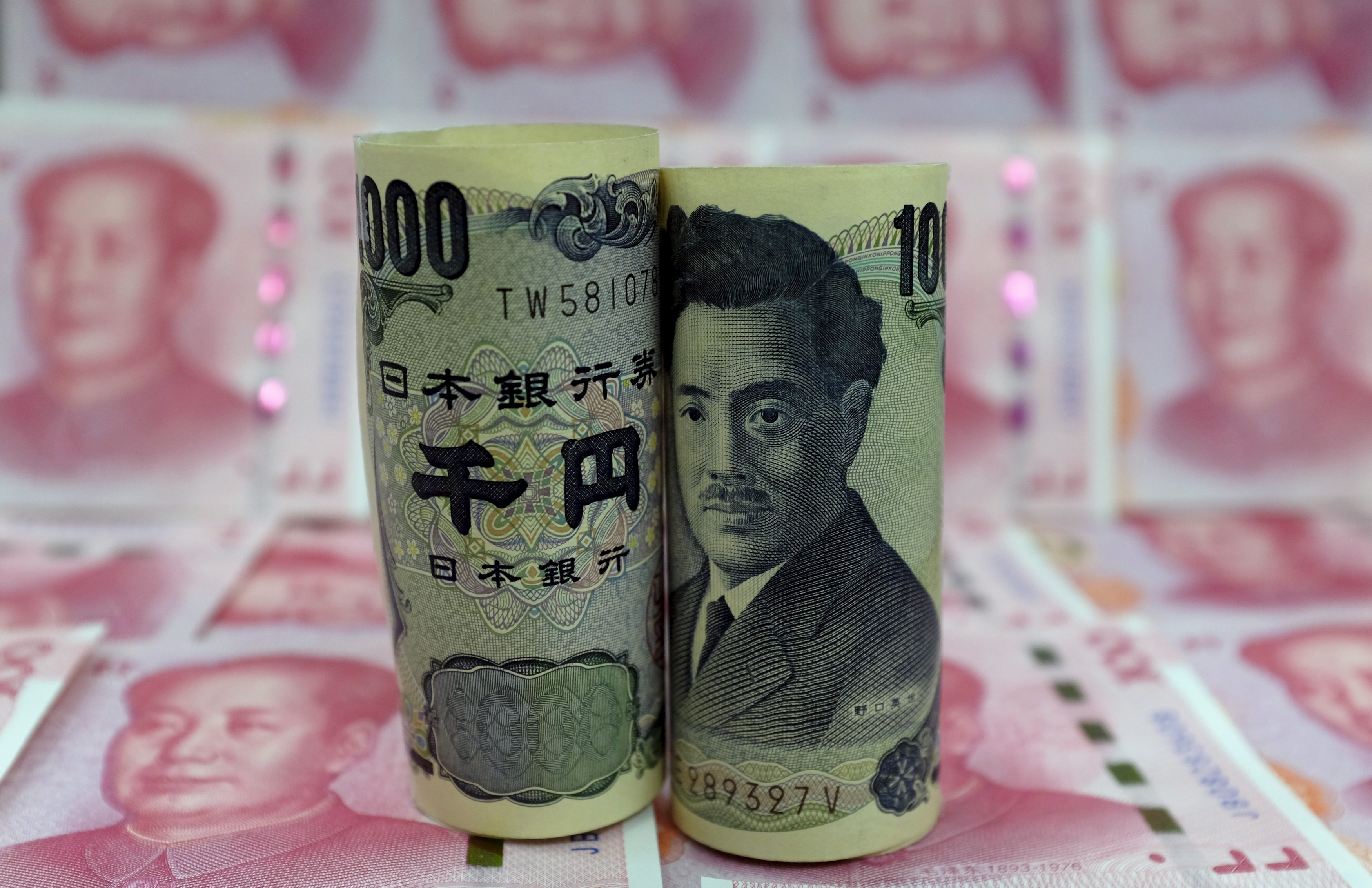
The dollar was headed for its seventh consecutive weekly gain on the yen on Friday and its best one-week rise on China’s yuan in more than two years as higher U.S. yields hoist the greenback.
China is easing monetary policy and Japan is pinning its government bond yields near zero, while overnight Federal Reserve Chairman Jerome Powell said a 50 basis-point rate hike was on the table at the next meeting in two weeks.
The remark, though more or less in line with market expectations, sent five-year U.S. yields above 3% for the first time since 2018 and unwound a bounce in the euro.
The euro last bought $1.0837 and is not far above a two-year low, even though markets are starting to price in higher rates – with German two-year yields hitting an eight-year high overnight.
The yen is down 1.6% for the week and last traded at 128.44 to the dollar, just above Wednesday’s 20-year low of 129.43. The U.S. dollar index held above 100 at 100.61.
The yuan has tumbled through its 200-day moving average this week and made a fresh seven-month low of 6.4830 in offshore trade early in the session. [CNY/]
“The (swaps) market has now priced in 146 basis points of tightening for the next three (Fed) policy meetings,” said Commonwealth Bank of Australia analyst Carol Kong.
“The dollar may receive further support from safe haven demand today if the April PMIs generate market concerns about the global growth outlook,” she added, referring to purchasing managers index figures due in Europe and the United States.
Growth worries have capped gains in oil prices lately and along with concern about the economic damage from lockdowns in China were a drag on commodity currencies overnight.
Full coverage: REUTERS
Oil Prices On Track For Near 4% Weekly Decline On Demand Concerns

Oil prices fell on Friday, heading for a drop of nearly 4% for the week, burdened by the prospect of rate hikes, weaker global growth and COVID-19 lockdowns in China hurting demand, even as the European Union weighed a ban on Russian oil.
Brent crude futures slid 81 cents, or 0.8%, to $107.52 a barrel at 0130 GMT, while U.S. West Texas Intermediate (WTI) crude futures declined 72 cents, or 0.7%, to $103.07 a barrel.
Both benchmark contracts were headed for weekly declines of around 3.7%.
This has been the least volatile week of trade since Russia launched its invasion of Ukraine on Feb. 24, sparking sanctions that cut Russian oil supply and led consuming nations to release a record volume of oil from emergency stockpiles. Moscow calls its actions in Ukraine a “special operation”.
Concerns about the Ukraine conflict stoking inflation and denting economic growth dominated trading in the second half of the week, with the International Monetary Fund slashing its global growth forecast by nearly a full percentage point.
China’s central bank governor Yi Gang said on Friday that the world’s second-largest economy was not immune to external shocks, and also faced pressure from COVID outbreaks.
Adding to negative sentiment for oil, comments from U.S. Federal Reserve Chairman Jerome Powell on Thursday pointing to aggressive rate increases drove up the U.S. dollar, which makes oil more expensive for buyers holding other currencies.
Full coverage: REUTERS

